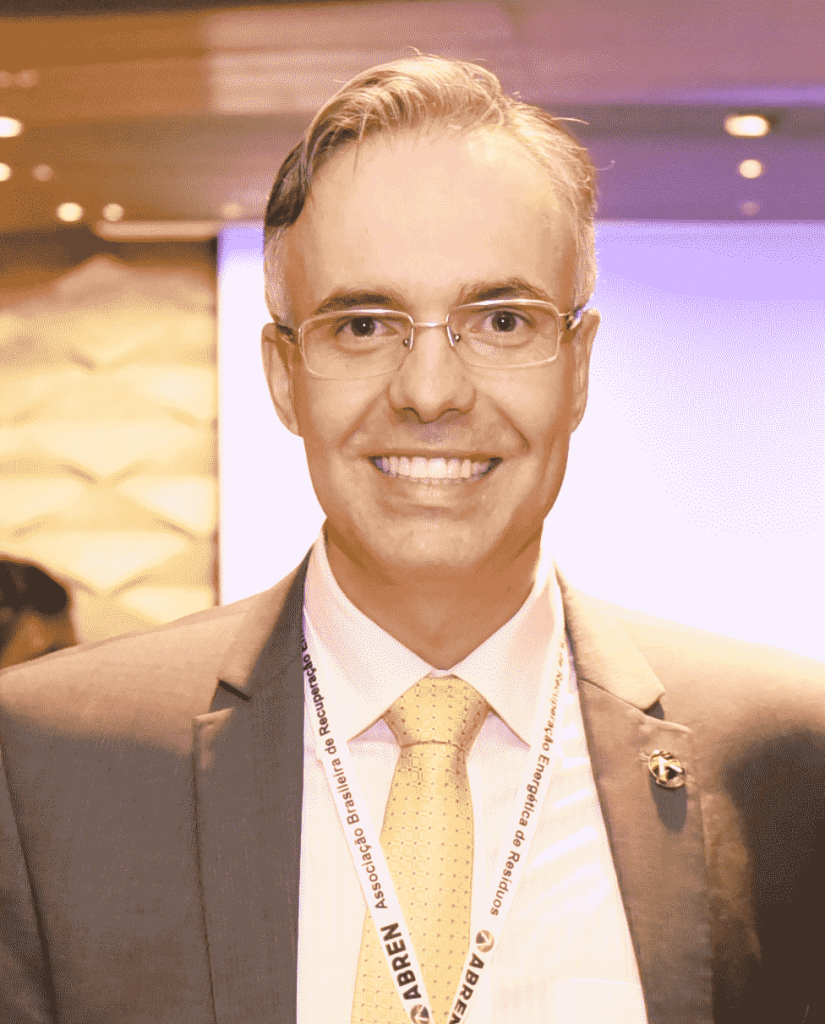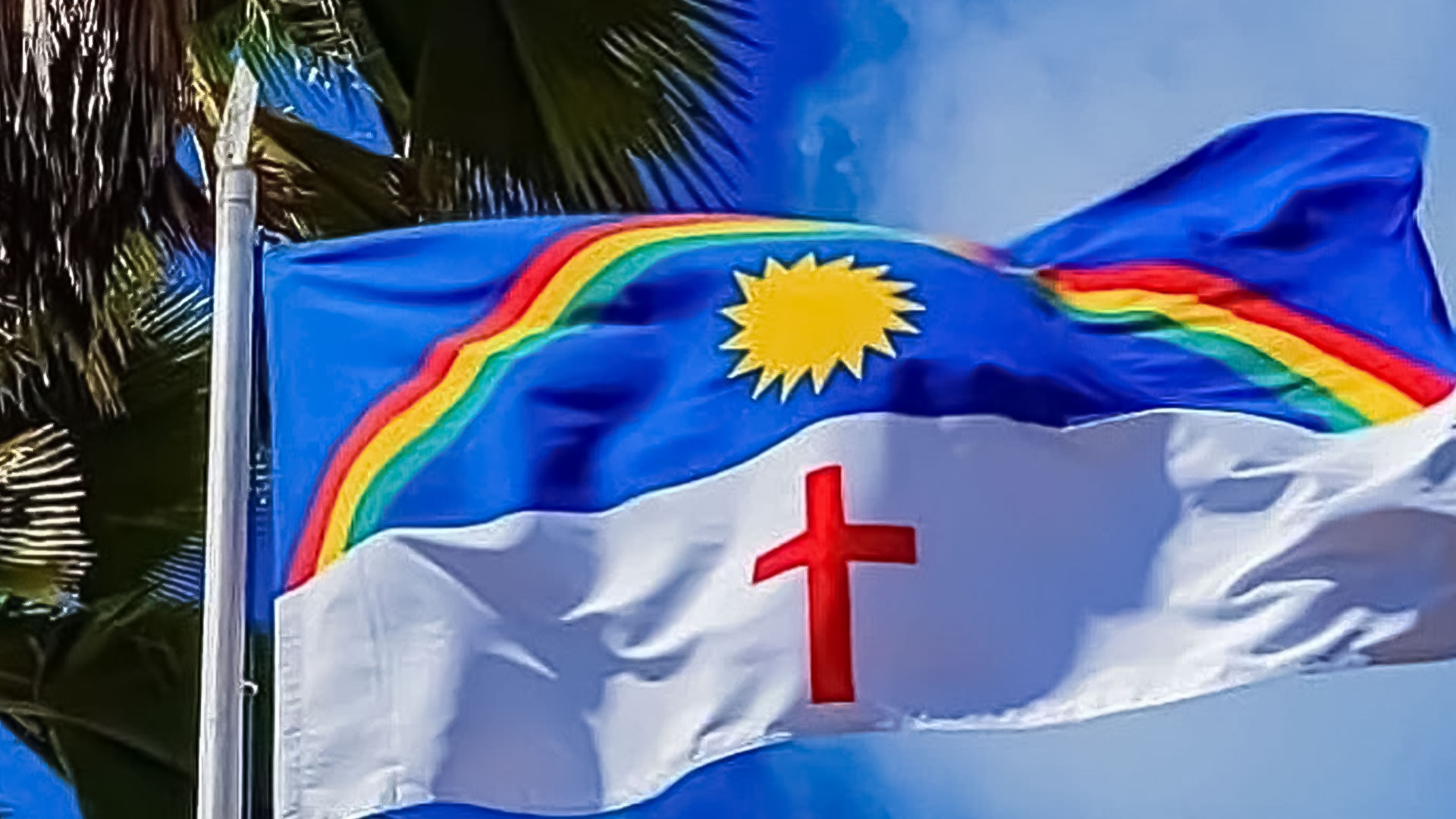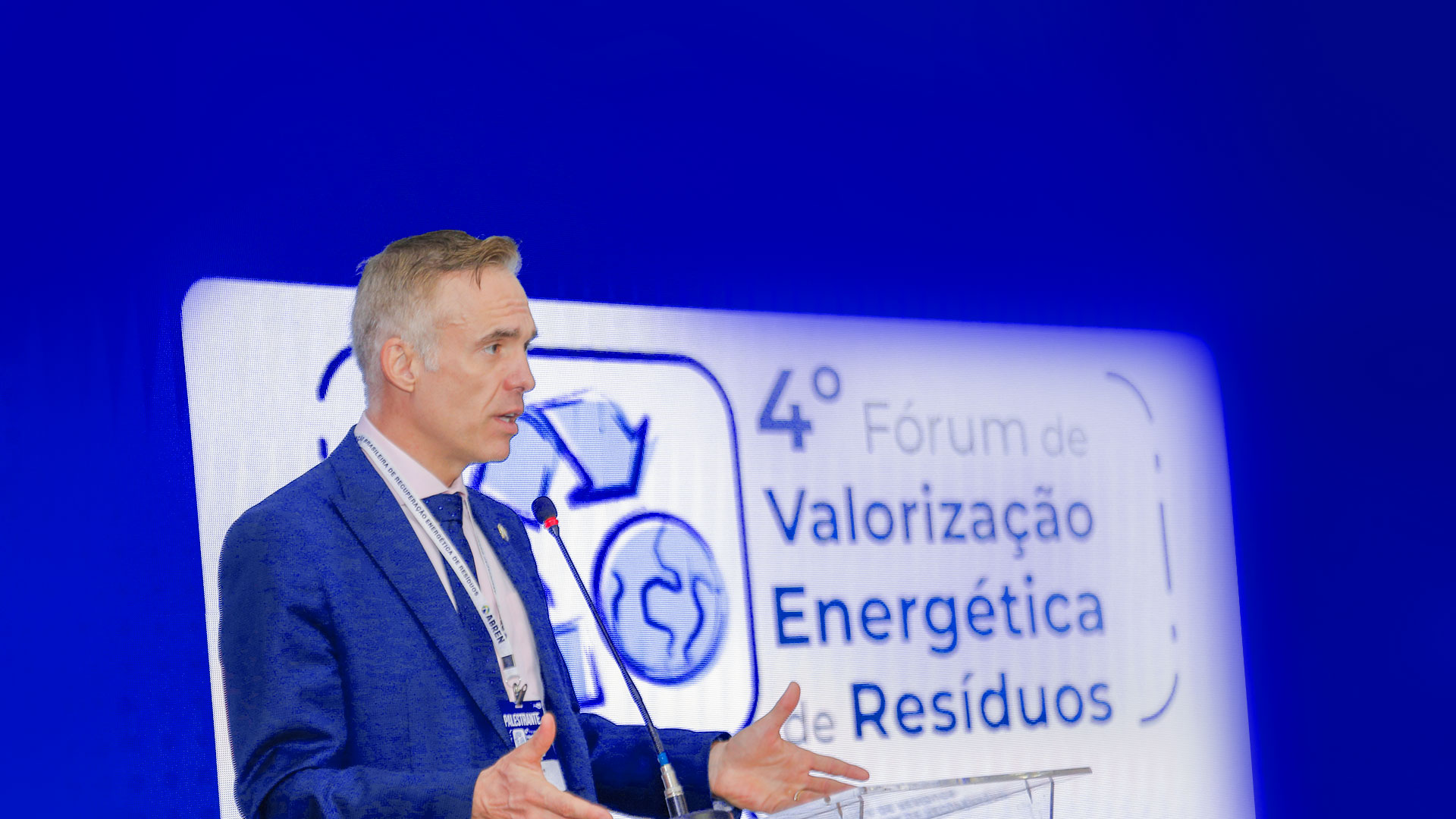
Brazil’s government approved in December the country’s first urban solid waste tender for energy production, which is planned for 2021.
The approval is a key step for making waste-to-energy (WTE) projects feasible in Brazil, which still does not have commercially operating WTE plants.
According to the president of local waste-to-energy association Abren, Yuri Schmitke, the country has the potential for 250 plants, each with 20MW installed capacity, representing a 160bn-real (US$30bn) investment.
Abren is a unit of the Global Waste to Energy Research and Technology Council (WtERT), headquartered in New York. It is associated with Germany’s International Solid Waste Association (ISWA) and Waste Management lndustry (BDE). Abren has a technical cooperation agreement with Avaler, a Portuguese WTE association.
In Brazil, WTE undertakings will have to rely on subsidies or altemative solutions to become truly competitive.
“We are proposing an increase of the waste coilection tariff and/or seeking carbon credits, selfproduction solutions and the use of electric power garbage trucks and buses,” Schmitke told BNamericas.
BNamericas: Will the government Iaunch a WTE tender or will such projects compete in the energy auctions already planned for 2021?
Schmitke: WTE will not compete with other energy sources because its price is higher. WTE projects will compete against each other, with product separation. There will be a tender for landfill gas and another for energy recovery from waste via thermal treatment for electric power or steam generation.
BNamericas: In which energy auction scheduled for this year will WTE compete?
Schmitke: Abren aims that our tender be included in the A-4 auction, but the expectation is that we will be participating in the A-5 one.
BNamericas: Why would the A-4 auction be more suitable?
Schmitke: Because a WTE plant generally takes 32 months to be finished, so there would be more than enough time to seek financing and order the equipment. Thus, the A-4 auction’s 48-month term would be more adequate, given the maturity time of the projects.
BNamericas: Why is still no WTE plant in commercial operation in Brazil? What does it take to make these projects feasible?
Schmitke: What we really missed was a sectorial articulation to make the tenders happen. That is what Abren has been doing since its creation in May 2019, convincing the government of the WTE benefits.
BNamericas: What’s the WTE growth potential?
Schmitke: Brazil has the potential for 250 plants with 20MW installed capacity each. Combined with the potential of biogas plants based on urban solid waste, we could meet up to 8% of the national electric power demand, considering the 28 metropolitan regions of the country with over 1mn people in
addition to municipalities with 600,000 inhabitants. Only in terms of thermal treatment (WTE), we estimate 160bn reais in investments, besides 40bn reais for biogas undertakings.
BNamericas: What are the main WTE projects being developed in Brazil?
Schmitke: They are the 20MW, 825t/d mass burning incineration URE Barueri plant, already granted an installation license; the 80MW, 3,000t/d URE Mauá plant, with preliminary license; the 38MW, 2,000t/d URE Baixada Santista plant; the 30MW, 1,300t/d Ciclus/Rio de Janeiro plant, also with preliminary license; and the 15MW, 500t/d Diadema plant with Outotec gasification.
BNamericas: Will these projects have to rely on federal subsidies? What’s the projected MWh price?
Schmitke: The tender will contract them with an elevated price, so we’II have to work that out. We are asking 550-600 reais/MWh, but, in the event we do not subsidize it, we would have to work in a more balanced manner to better allocate the costs and avoid overburdening the end consumer.
Currently, in Brazil, we pay 100 reais/t of waste, which is way cheaper than in Europe, for example. If we paid four times more, we would be able to have electric power from WTE projects at 250 reais/MWh, which is a competitive price, even when it comes to the free power market. So we are proposing an increase of the waste collection tariff and/or seeking carbon credits, self-production solutions and the use of electric power garbage trucks and buses.
BNamericas: How exactly would self-production and electrified vehicle solutions help reduce WTE prices?
Schmitke: Self-producers do not pay taxes and charges, which considerably reduces the cost of the service and make a WTE plant feasible. Regarding electric power vehicles, we are talking about a single concession comprising public transportation, waste collection and WTE under the same PPP. Since the concessionaire is the same for each service, there would be no tax on the purchase and selling of the energy, and the public transportation fare would guarantee financing through the consumption of electric power based on the bus and garbage fares.
We must understand that WTE is not expensive once the avoided costs are taken into account. A WTE project reduces greenhouse gas emissions by eight times compared with a sanitary landfill with methane capture. It also decreases public health costs related to the poor management of waste, while eliminating risks of contamination of aquifers and rivers by leachate from landfills and replacing fossil energy in the base of the electric power system, among several other advantages.






